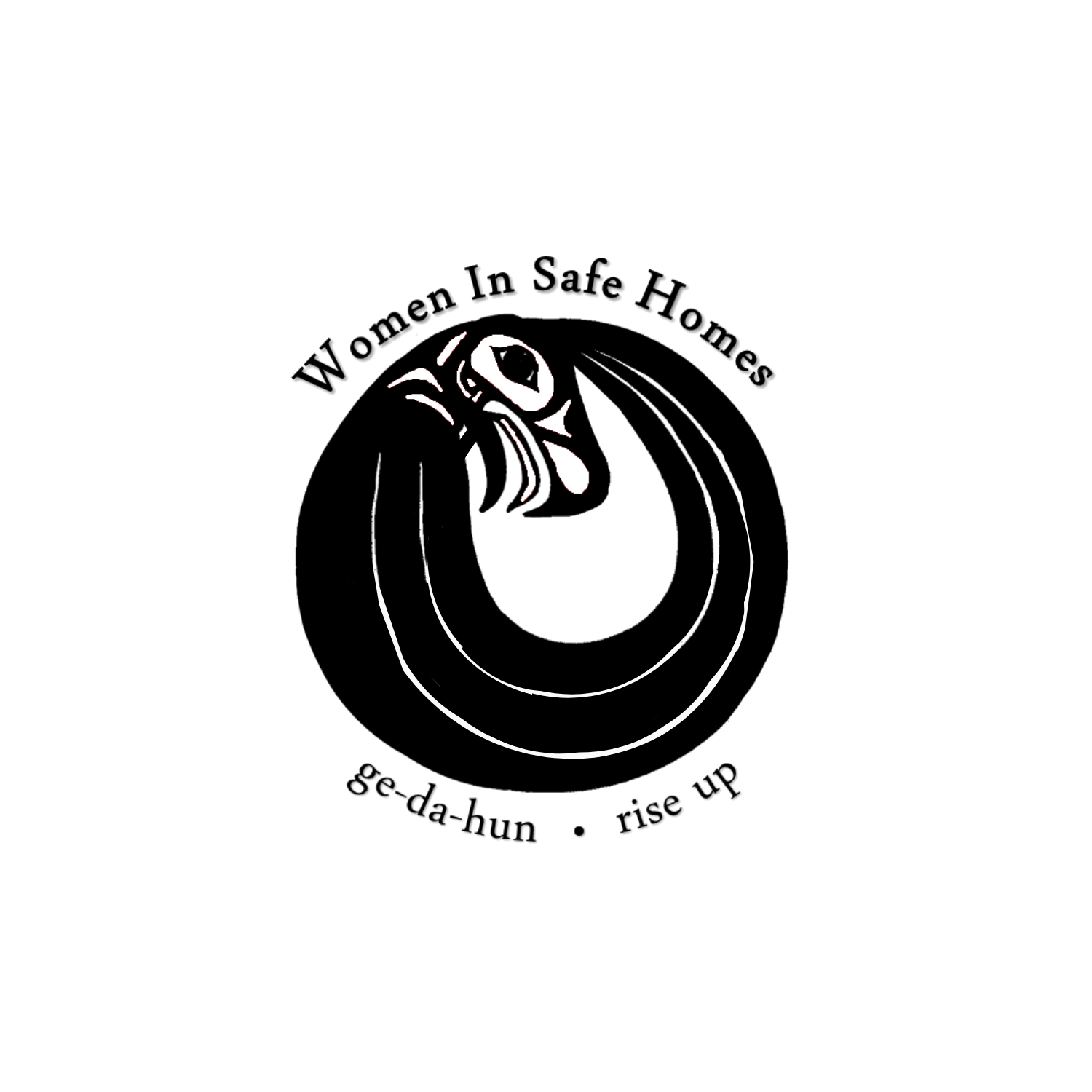In Class Lessons
WISH staff have been collaborating with the Ketchikan Gateway Borough School District to support their implementation of the Alaska Safe Children’s Act for several years now. You can learn more about the Alaska Safe Children’s Act here.
WISH’s Education Department has developed four lessons to implement in every grade in the district. These age-appropriate lessons utilize school district approved curriculums and are regularly evaluated for effectiveness. Any questions, concerns or additional feedback may be directed to the Community Services Program Director, Adrienne Gaines at adrienne.g@wishak.org
Curriculum
WISH utilizes the following curriculums in classrooms:
Elementary Lessons
Language as child abuse prevention
If you are a parent, caregiver, or work with children, one thing you can do to help prevent child abuse is reinforce messages that your children are receiving in these in-class lessons. The easiest way to do this is to use the same language utilized in our lessons.
We use the words “safe and unsafe touch” rather than “good and bad touch” because children are often already familiar with the concept of safety (wearing seatbelts in cars; fire drills at school; wearing a helmet on a bike; etc.). Additionally, some children are abused by someone they love (such as a family member) and may struggle to identify the abuse as “bad” the way an adult would.
Here is the terminology we use:
Safe touch is a touch that does not hurt your body and does not touch your private body parts.
Private body parts are the part of your body covered by a swim suit.
Unsafe touch is a touch that hurts your body or touches your private body parts. (The exception is that a caregiver or doctor can touch private body parts if they are helping you stay clean and healthy, and it is never a secret.)
An Unwanted Touch is a touch that is safe but you just don’t want!
Secrets vs. surprises
We stress that adults should never ask children to keep a secret and that touches should never be a secret. This is because abusers will often start with something small (like a gift or favor) that they ask the child to keep a secret. This normalizes secret keeping to the child, laying the groundwork for an abuser to harm the child and ask the child to keep that harm a secret.
Instead, use the language of surprises. A birthday gift or a party may be a secret for a little while, but not forever. Surprises make people happy and will eventually be public knowledge.
Learn More
Here are some guides to preventing child abuse; recognizing signs of abuse; and responding to abuse.
Stop It Now! is a national organization that works to prevent the sexual abuse of children. In addition to education, they also have a crisis line for adults who are concerned about a child.

